Estimated reading time: 11 minutes
If you’ve ever noticed your furry friend shaking, tremors running through its tiny body, you might wonder what’s up with your bunny. Shaking can be quite common in rabbits, but sometimes it signals something more serious.
Just like people, it’s normal for rabbits to experience a whole range of emotions and physical reactions that could cause them to shake—excitement, fear, or even the chill from a drafty room.
It’s also possible that your rabbit is trembling for reasons beyond their emotional state; it could mean they’re simply too hot or fighting off an infection. Spotting the difference between a happy hopper doing a ‘binky’ and one in distress is key to ensuring their well-being.
In this article, we’re peeling back the layers of bunny behavior to understand why your rabbit shakes and how to help if there’s trouble brewing. With our guidance on prevention and when to seek vet care, we’ll help keep your rabbit as steady as they are adorable.
Key Takeaways
- Rabbits shake for many reasons: being hot, scared, or having health problems such as ear mites and infections.
- Normal rabbit shaking can happen from exercise or happiness, but if it’s too much or with other bad signs, a vet should check them out.
- Keep rabbits cool and comfy to prevent shaking and watch their behavior closely for early help if needed.
- Rabbits need good food, lots of water, calm spaces, and regular vet visits to stay healthy and not shake from bad stuff.
- If your rabbit keeps shaking or acts weird in other ways like not eating or breathing fast, take them to the vet right away.
Possible Reasons Why Your Rabbit is Shaking
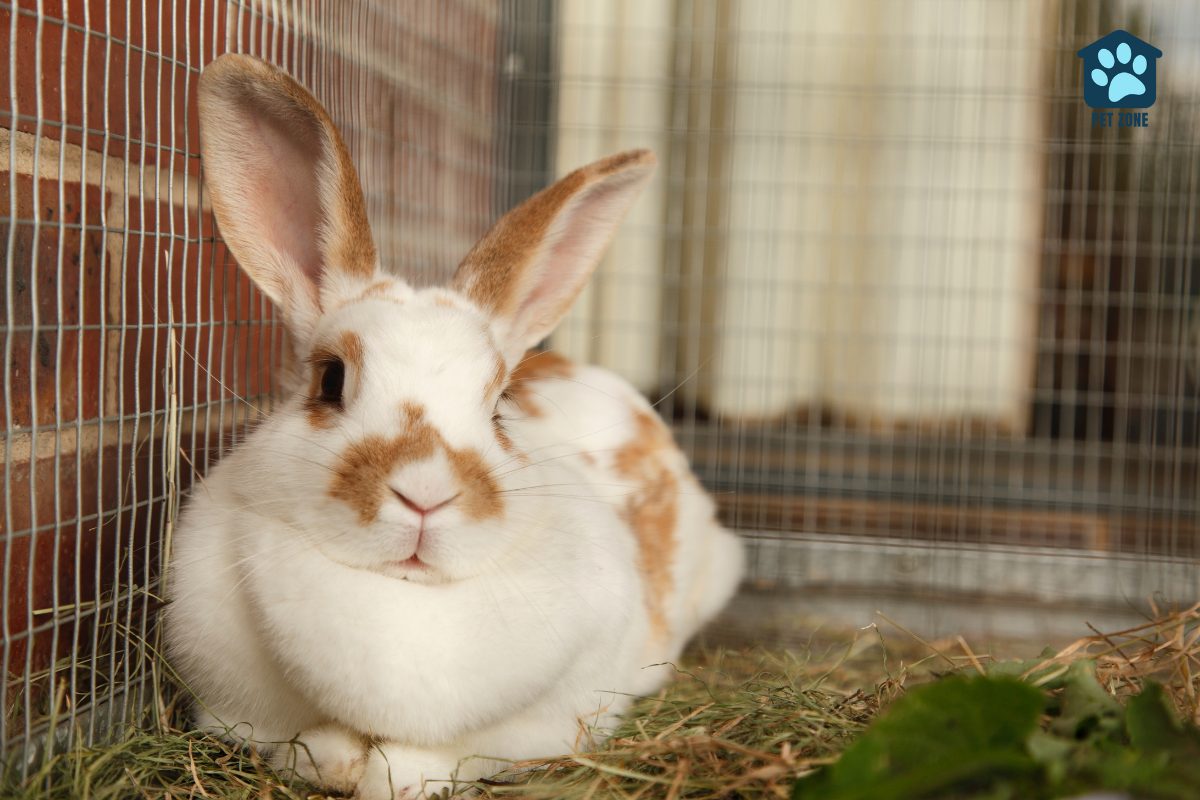
Heavy Breathing from Exercise
Your rabbit may pant heavily after a lot of play or exercise. This is normal, especially if they’ve been hopping around more than usual.
Think of it like when you breathe faster after running; your bunny needs to catch its breath too! But keep an eye on them – if they don’t calm down after rest or seem tired, it might be something else.
Fast breathing could also point to lung problems caused by infections like Pasteurella and Bordetella. If your pet has raspy breaths or lifts their nose high to get air, these could be signs of trouble in their lower respiratory system.
Always make sure your furry friend gets plenty of rest after exercising and watch for any unusual changes in their breathing patterns.
Overheating
Rabbits can suffer from heatstroke if they get too hot. This is serious because it might cause them to shake. It’s their way of trying to cool down.
Signs that a rabbit is overheating include panting, drooling, and weakness. They need a shady spot and fresh water to prevent this problem.
If you notice your bunny breathing fast or acting strange in the heat, they could be shaking from being too warm. Heat-related health issues are no joke for rabbits with thick fur.
Keep their living area cool and watch out for fever signs. Shaking could mean your pet has gotten too hot and needs help right away.
Emotional Trembling
Your rabbit might tremble when it feels scared or stressed. Loud noises, new people, or changes in the home can make your pet feel anxious.
This shaking is how rabbits deal with strong emotions. It’s their body language speaking to you.
To help a trembling bunny, keep its environment calm and safe. Offer comfort by speaking softly and providing a cozy hiding spot. Always be gentle when you’re around them to avoid more stress.
Understanding what makes your rabbit shake can help you create a happier space for your furry friend.
Hiccups
Rabbits can experience hiccups, which may cause their head to shake or bob repeatedly. These hiccups are not always accompanied by audible sounds but are characterized by repetitive shaking movements.
This behavior is triggered by spasms in the rabbit’s diaphragm, similar to what occurs in humans. When rabbits exhibit this repetitive head shaking, it could indicate that they are experiencing hiccups.
These hiccups are caused by spasms in the diaphragm and may not produce any sound, but the repetitive shaking of the head is a clear sign of this behavior.
Twitching in Sleep
Twitching in a rabbit’s sleep could be an indication of seizures, especially if accompanied by ear movements. Keep an eye on these small movements and seek veterinary attention promptly if you notice them in your pet rabbit.
It’s important to stay vigilant as seizures can have serious implications for your furry friend’s health and well-being.
Remember, those tiny twitches during sleep shouldn’t be dismissed as insignificant. Regular observation of your rabbit can help you catch any unusual behaviors early, leading to prompt intervention and care if required.
Ear Mites or Infections
Rabbit ear mites can cause irritation, sores, and inflammation in the ear canal. Symptoms include shaking of the head, drooping ears, itching, and reddish-brown crusting in the ears.
If left untreated, it may lead to a condition called “ear canker” with inflammation and discharge.
Inner ear infections could result in head tilt or torticollis that affect your rabbit’s balance. Treatment for both conditions involves visiting a vet who may prescribe medications such as ivermectin.
Food Poisoning
Food poisoning can pose a serious threat to rabbits, leading to symptoms like shaking and severe illness. Rabbits, being picky eaters, can inadvertently consume toxic plants or substances that result in poisoning.
This includes hazardous plants such as rhubarb leaves, foxglove, and ivy along with other substances like rat poison and lead.
Due to their inability to vomit, rabbits struggle to expel toxins from their systems once poisoned, making it crucial for pet owners to meticulously monitor their rabbits’ diet and environment for potential threats.
Toxic plants and substances prevalent in a rabbit’s surroundings could unwittingly lead them into dangerous situations necessitating immediate care or attention from the vet.
Neurological Conditions
Neurological conditions in rabbits can lead to shaking, tremors, and problems with balance. Symptoms such as head tilt, behavioral changes, nystagmus, and tremors are indications of neurologic disease.
Encephalitozoon cuniculi is an internal parasite that can cause neurological symptoms in rabbits. These symptoms may include fitting, loss of balance, and destruction of nervous tissue leading to severe effects such as seizures.
Internal parasites like encephalitozoon cuniculi can result in a range of neurological behaviors in rabbits. Watch for any signs of head tilt, fitting, or loss of balance which could indicate a serious underlying issue requiring immediate veterinary attention.
Seizures
Seizures in rabbits can stem from various factors like injury, ear infections, or even fatal diseases. They occur due to abnormal electrical or nerve activity within the rabbit’s brain.
Rabbits at higher risk of seizures may have underlying health issues such as cardiac, kidney, or liver disease, brain injury, or neurological disorders.
Pet owners must monitor their rabbits closely and seek veterinary attention if they observe any signs of seizure activity.
It’s important to be vigilant about your rabbit’s health because seizures might indicate more serious underlying problems that need immediate professional assessment and care.
Butt Twitching
Rabbits show strong emotions like fear, anger, and intense happiness through butt twitching. When given a yummy treat, your rabbit may exhibit this behavior, indicating they are very happy and enjoying the food.
Twitching their rumps when eating something delicious is natural for rabbits and not a cause for concern. Butt twitching in rabbits signifies joy or contentment, reflecting their emotional state linked to specific experiences such as receiving treats.
Understanding the Shaking Behavior in Context
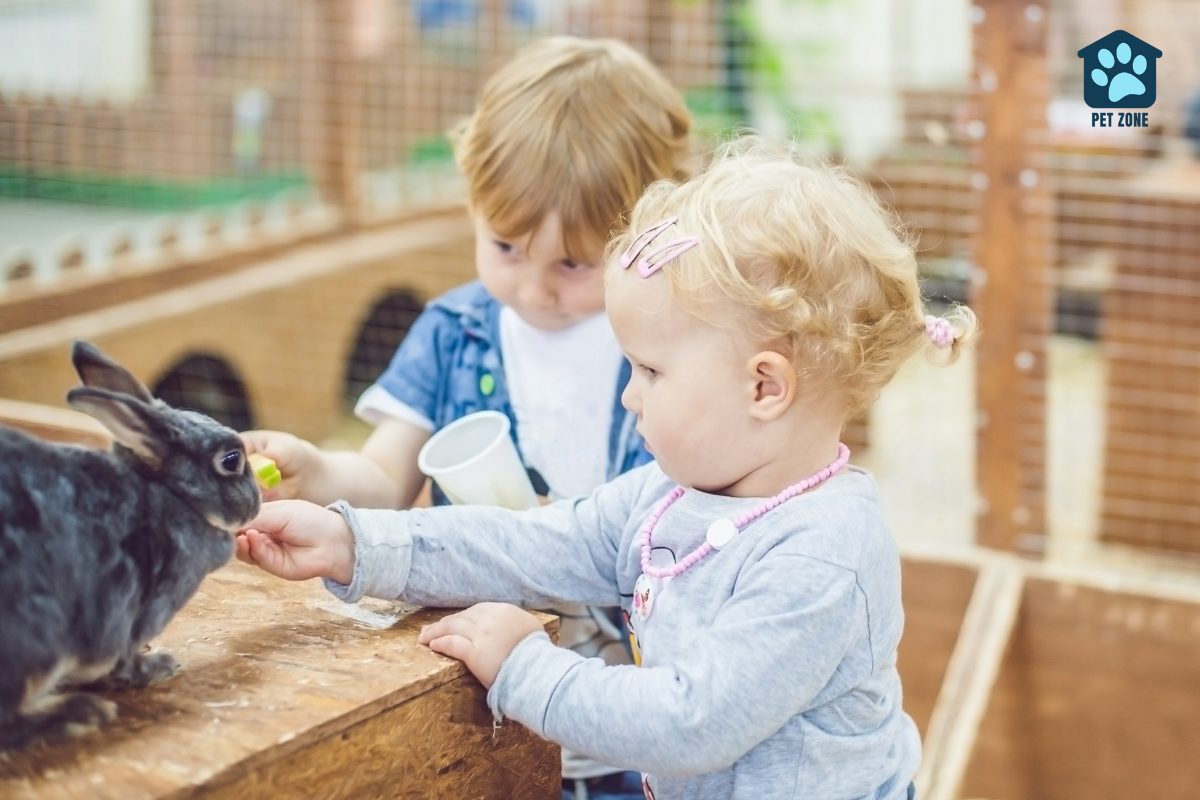
Shaking When Hot
When rabbits get too hot, they might start shaking as a sign of heatstroke or heat intolerance. In such situations, it’s crucial to cool them down immediately by moving them to a shaded area and offering water.
Check their body temperature carefully, and if you suspect heat-related shaking, consult a vet promptly. Heatstroke can be life-threatening for rabbits due to their limited ability to regulate body temperature.
Always monitor your rabbit for signs of overheating during hot weather or when they’re housed in warm environments. Prevention is key – ensure that your rabbit has access to cool spots and plenty of fresh water at all times especially on sweltering days or in heated indoor spaces.
Shaking Due to Fear
Fear-induced shaking in rabbits can escalate and lead to aggression, impacting your rabbit’s well-being. When fearful, rabbits may display trembling as a response to stress or anxiety, indicating the need for reassurance and comfort.
Monitoring your rabbit’s behavior closely and creating a calming atmosphere can help alleviate fear-induced shaking, ensuring your furry friend feels secure and at ease in their surroundings.
Shaking or Hiccups
Rabbits can experience hiccups, often linked to gastrointestinal issues. These episodes are usually harmless and may resolve on their own.
If your rabbit frequently shakes or twitches in a rhythmic pattern similar to human hiccups, it’s advisable to monitor their behavior and consult a vet if the shaking persists.
Stress, fear, nervousness, or heat can also cause rabbits to shake; understanding these triggers can help identify the root cause of your rabbit’s behavior.
While slight shakes and small twitches might seem inconsequential, they could signal more significant underlying health concerns.
Evaluating the Abnormality of the Shaking
Once witnessing your rabbit’s shaking behavior, observe for any other signs of distress such as loss of appetite, lethargy, or changes in the stool.
Also, pay attention to the frequency and duration of the shaking episodes; this can help your vet make a more accurate diagnosis.
Assess whether your rabbit exhibits unusual behaviors along with the shaking, and note any environmental factors that could be triggering the shaking episodes.
A thorough evaluation will assist your veterinarian in identifying potential causes and tailoring an effective treatment plan for your furry friend.
Prevention Measures for Rabbit Shaking
Proper exercise regime
Rabbits require 4-5 hours of daily exercise outside their enclosures. Regular physical activity is crucial for preventing shaking and promoting your rabbit’s overall health and well-being.
Encourage exercise through supervised playtime, obstacle courses, or toys designed to stimulate movement – these activities are beneficial for your pet’s vitality.
Maintaining optimal temperature
Rabbits should be kept in temperatures between 60°F and 75°F to prevent distress and shaking. If the temperature rises above 75ºF, it can make them uncomfortable and anxious.
It’s best to keep rabbits indoors when the temperature exceeds 75ºF for their well-being. High temperatures of 80°F or more can cause distress for rabbits, leading them to shake as a sign of discomfort.
Maintaining optimal temperature is crucial for your rabbit’s health; ensuring they are housed within the recommended temperature range prevents distress and shaking, particularly in higher temperatures that can lead to discomfort.
Regular vet check-ups
Ensure your rabbit’s well-being with regular vet check-ups. These visits help prevent and address shaking behavior, providing a thorough assessment of your pet’s health.
By scheduling routine appointments, you can stay on top of any potential health issues and ensure your rabbit remains healthy and happy for years to come.
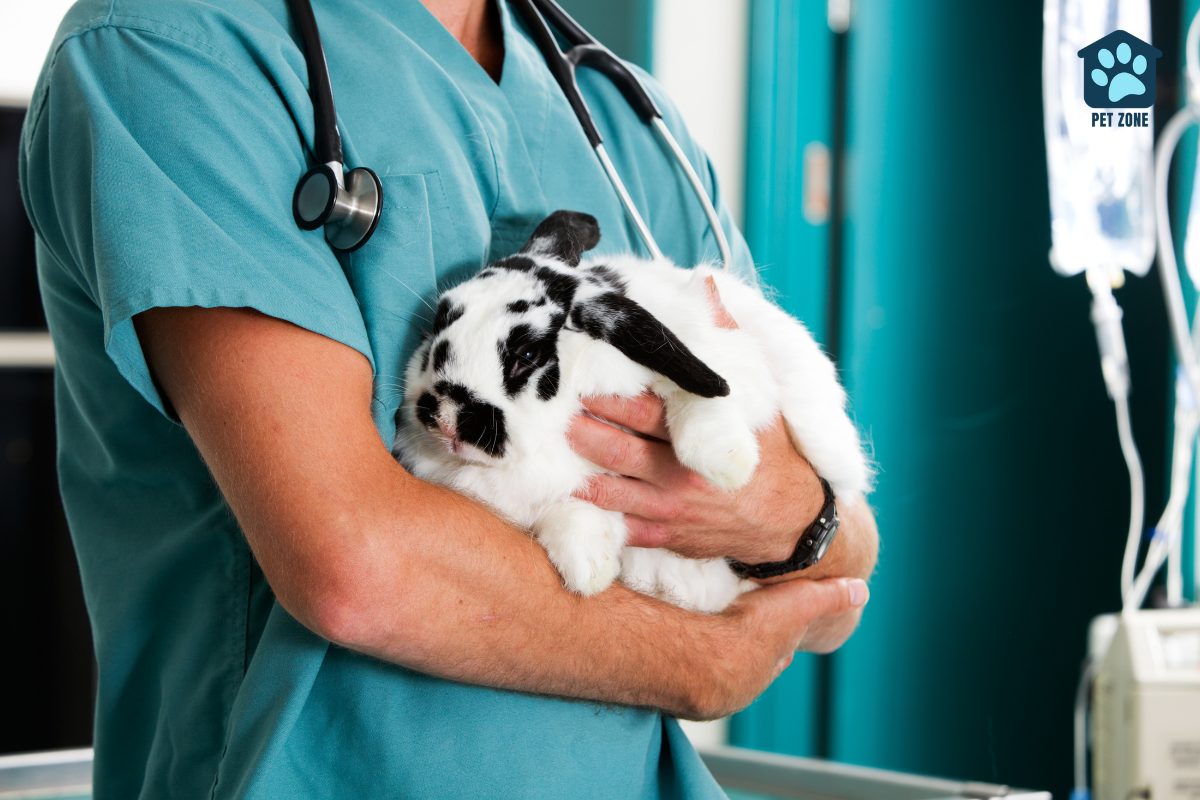
When to Consult a Vet
If your rabbit displays any of the following signs, it’s time to consult a vet:
- Shaking accompanied by heavy breathing
- Persistent hiccups
- Shaking combined with other concerning symptoms such as not eating or fast breathing
- Head shaking and scratching persistently
- Unusual butt twitching or constant shaking in rabbits.
Conclusion
In conclusion, understanding why your rabbit shakes is crucial for their well-being. By observing and recognizing the different causes of shaking in rabbits, you can take practical measures to ensure their health and happiness.
Implementing prevention measures such as maintaining optimal temperature and regular vet check-ups can significantly impact your rabbit’s overall condition. With proper care and attention, you can provide a safe and comfortable environment for your beloved pet.
Stay informed and attentive to any changes in behavior, seeking professional advice when necessary to keep your rabbit thriving. Take proactive steps toward creating a healthy lifestyle for your furry friend!
Frequently Asked Questions
Your rabbit may shake for different reasons, like being happy or having hiccups. Sometimes, if your bunny is not eating well, they could start trembling.
If you find your rabbit lying on their side and shaking, it’s time to see a vet as soon as possible because this type of shaking could mean something is wrong.
Yes, rabbits with ear mites may often shake or scratch their head trying to get relief from the itching these little pests cause.
If your new pet rabbit trembles, comfort them first; they’re likely scared since rabbits are prey animals. If it goes on, take them to the vet.
See a vet whenever your bunny starts showing unusual behavior like incessant head bobbing or when they stop eating enough hay – vets know best!
Rabbits will sometimes show excitement through movements that look like shakes; however, always keep an eye out for any odd signs just in case!
As an Amazon Associate I earn from qualifying purchases.
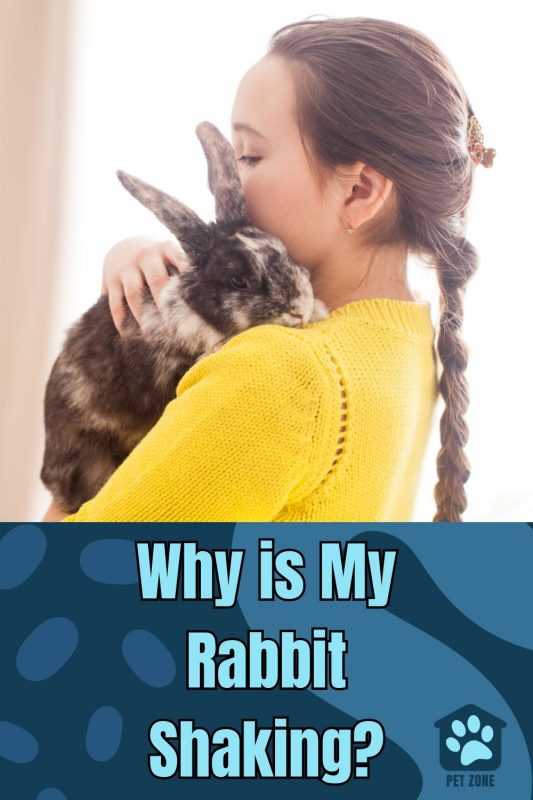


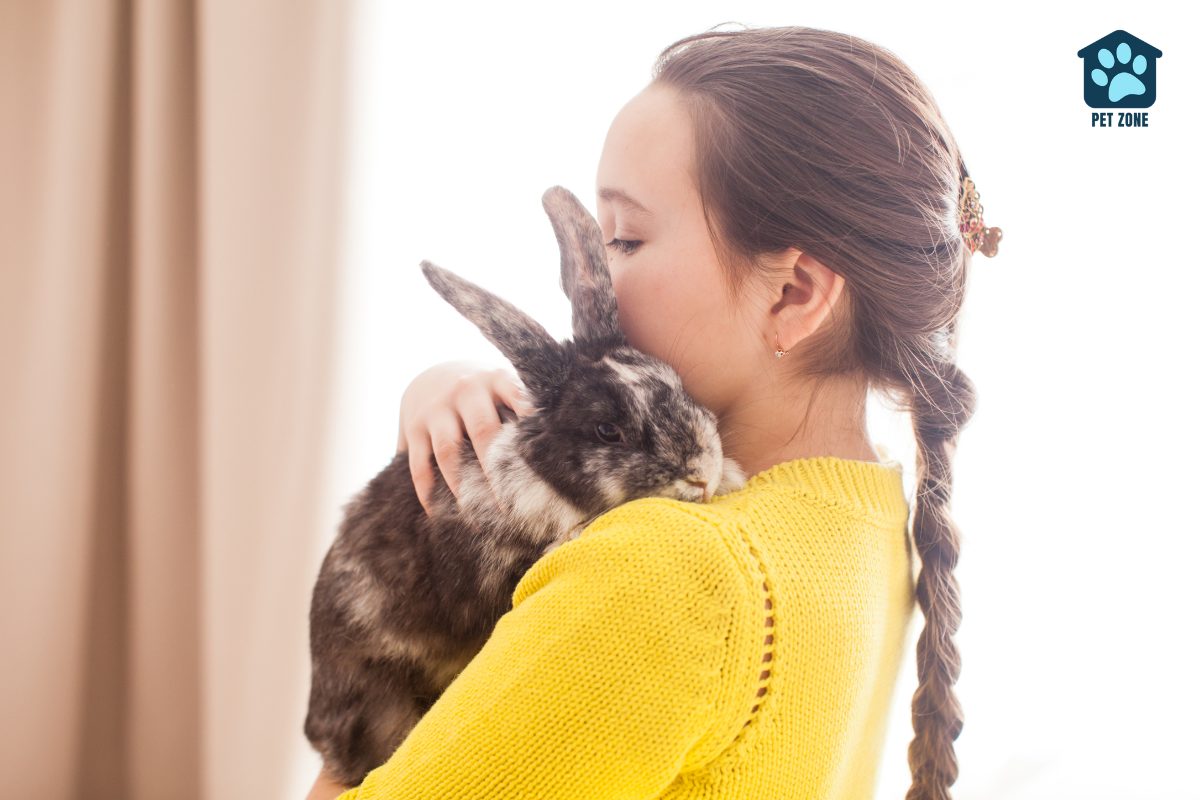
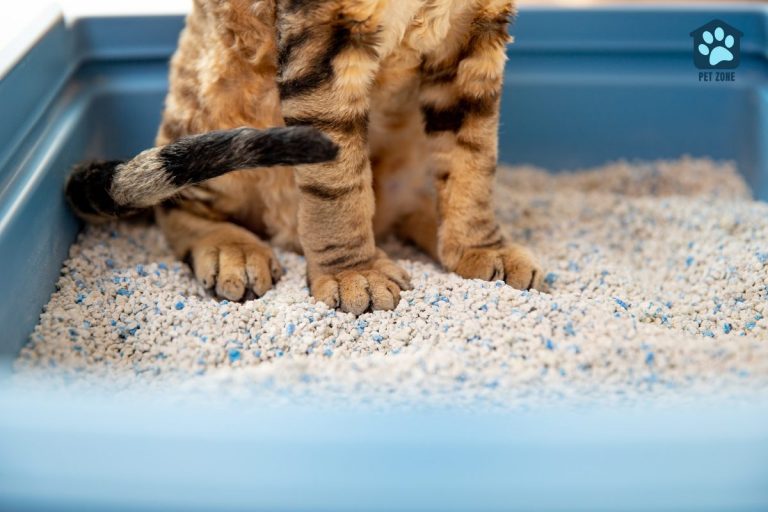
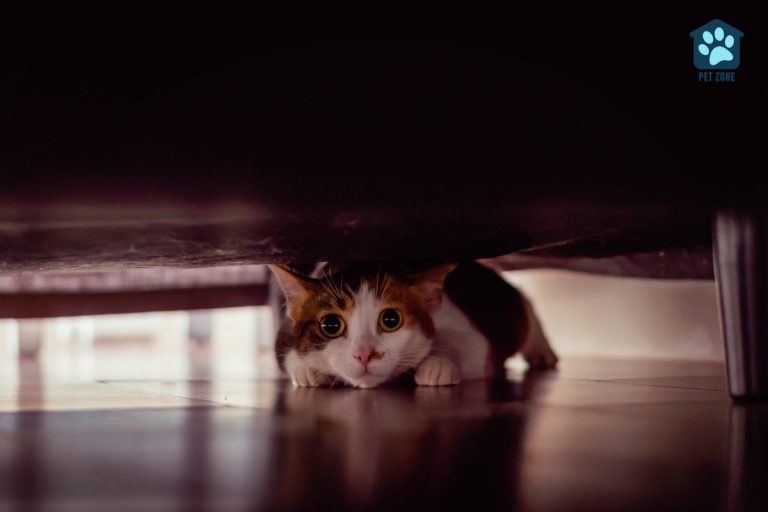
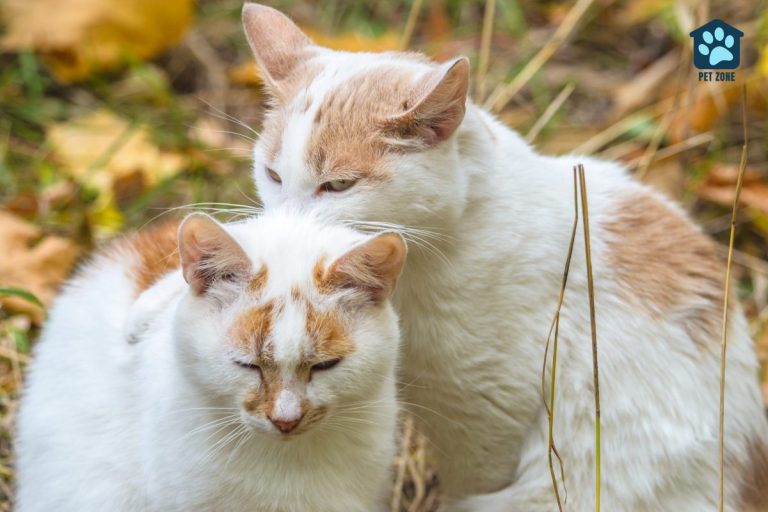
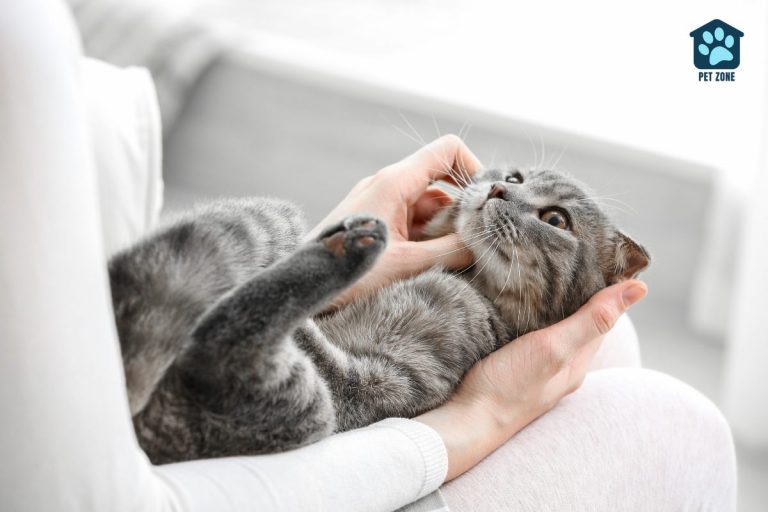
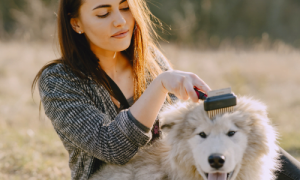
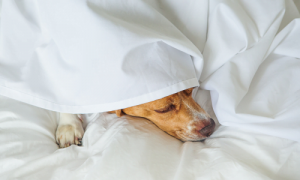
This is so good to know! I use to find her shaking and thought that she was hurt somewhere and I was so worried!